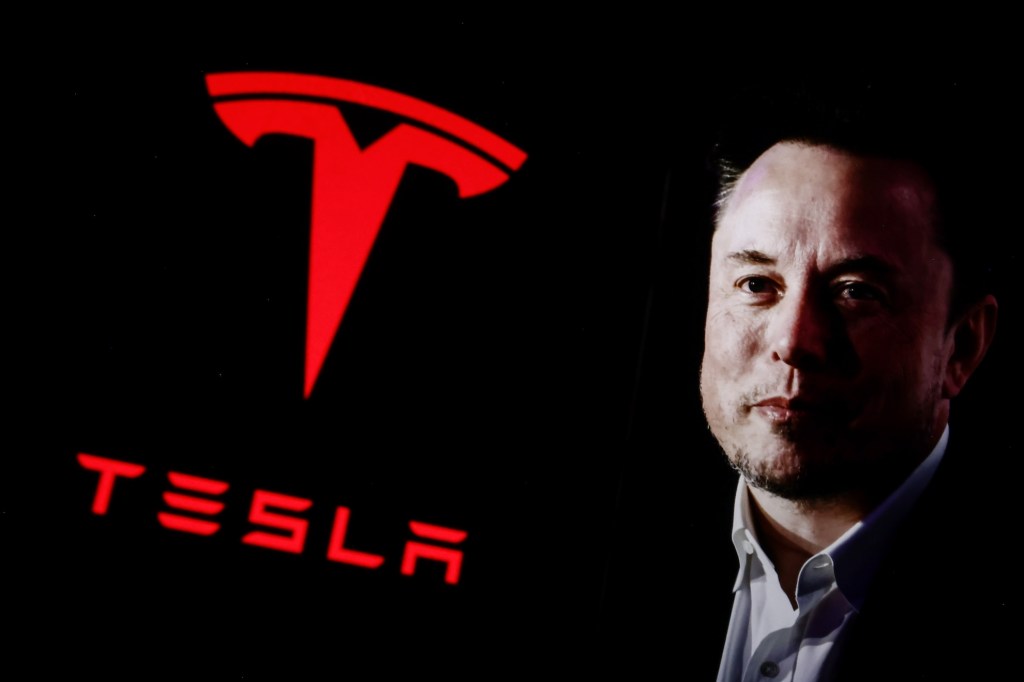The autonomous navigation industry is experiencing significant growth, with projections estimating it will surpass $11 billion by 2028. This expansion is driven by the increasing adoption of AI technologies that enable ships to navigate independently, resulting in substantial fuel savings and enhanced operational efficiency. A notable player in this sector, Orca AI, has recently secured $72.5 million in a Series B funding round led by Brighton Park Capital, with participation from existing investors Ankona Capital and Hyperlink Ventures. This latest investment brings the London-based company’s total funding to over $111 million, following a $23 million round in the previous year.
Founded in 2018 by CEO Yarden Gross and CTO Dor Raviv, Orca AI specializes in integrating AI-driven decision-making and autonomous capabilities into maritime operations. The company’s technology leverages a comprehensive marine visual dataset encompassing over 80 million nautical miles, enabling significant reductions in collision risks and allowing crew members to focus on other critical aspects of voyages.
A key factor contributing to Orca AI’s recent funding success is the growing interest from the defense sector. Navies worldwide are seeking cost-effective assets that can operate more efficiently with minimal human intervention. Orca AI has already secured its first contract in the defense field, deploying its technology on a naval vessel. CEO Yarden Gross highlighted this development, stating, The main business still is in the commercial sector. We already have collaborations and POCs. But we see opportunities in defense coming from navies around the world around autonomy, where they want more cost-effective assets that can operate more efficiently with less human intervention. We’ve already signed the first contract in the defense field, deployed on a navy ship.
Another significant driver of Orca AI’s growth is the expansion of Starlink, SpaceX’s satellite internet constellation. Starlink’s global coverage facilitates real-time data transmission from ship sensors, enabling Orca AI to map routes, monitor traffic, and share critical information more effectively. Gross emphasized the impact of this technology, stating, Starlink enables us to collect data at scale directly from the ship sensor. We see that as a huge opportunity.
The effectiveness of Orca AI’s technology is evident in a 2024 analysis of its alert system, which demonstrated a 54% reduction in close encounter events. This improvement translates to an average fuel savings of $100,000 per vessel annually, underscoring the potential for significant cost reductions and enhanced safety in maritime operations.
Orca AI is part of a competitive landscape that includes other companies working on autonomous navigation at sea, such as Avikus, a subsidiary of Hyundai HD, and Sea Machines. These companies are collectively driving innovation in the maritime industry, aiming to transform traditional shipping practices through advanced AI and autonomous technologies.
The recent funding round positions Orca AI to further develop its autonomous shipping platform, expand its market presence, and continue its collaborations with both commercial and defense sectors. As the maritime industry increasingly embraces AI-driven solutions, Orca AI’s advancements are poised to play a pivotal role in shaping the future of autonomous shipping.



